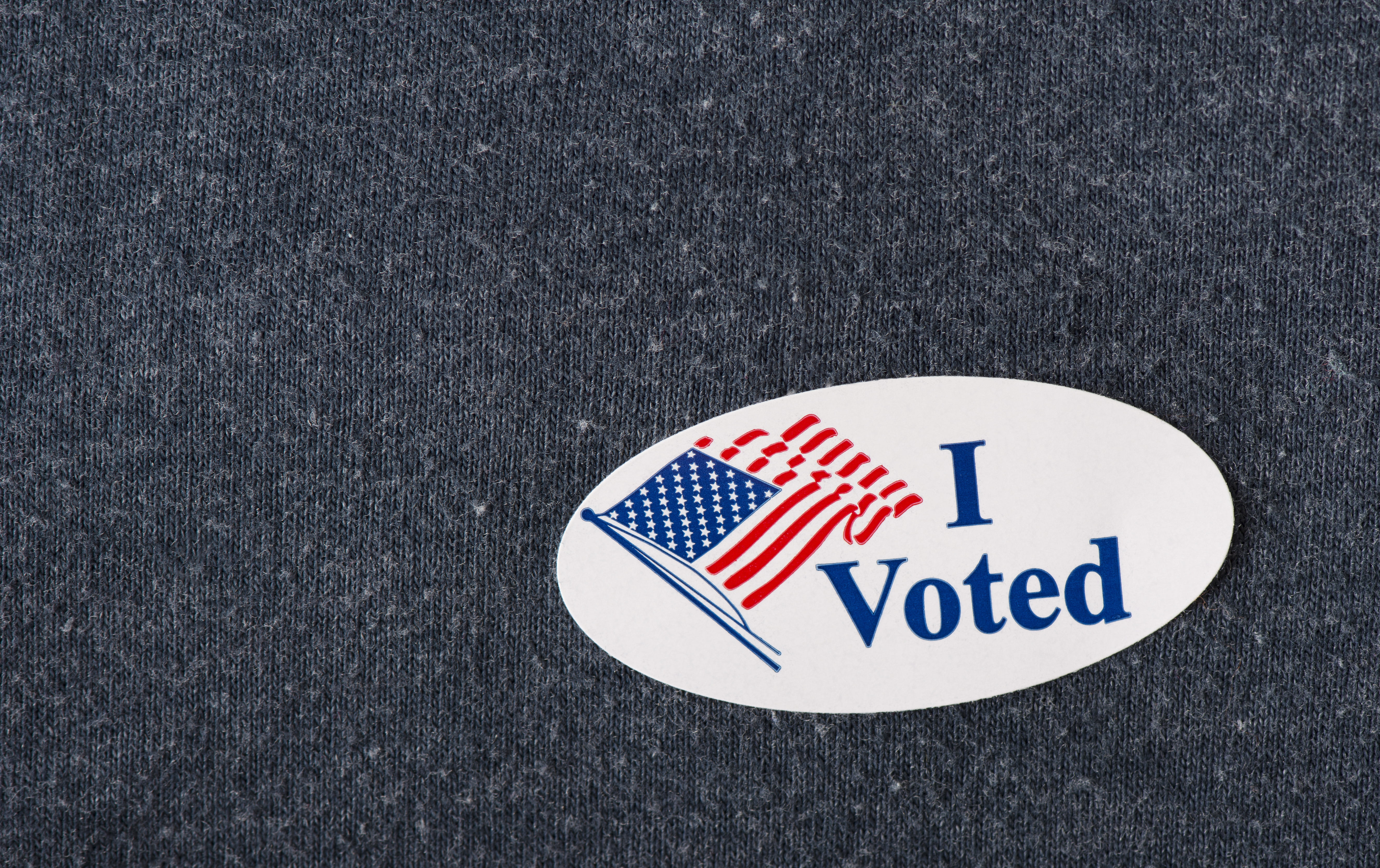West Virginia is writing history, as it will become the first state in the US to use blockchain technology in the voting process during the upcoming May 8 Senate election. This will be done through a mobile application and will only be available for deployed military officers from the counties of Harrison and Monongalia, their spouses, and their dependents.
ANONYMITY AND TRANSPARENCY
Military officers who are deployed in various parts of the world currently use archaic methods to participate in the voting process. These methods include casting ballots via mail, fax or email. The officers are thus denied the basic right of anonymity when casting their ballots and often wonder whether their ballots are received in time and if they are counted, according to a statement by West Virginia Secretary of State Mac Warner.
The blockchain-powered mobile app will bring anonymity and transparency to military officers from the two pilot counties and their dependents. Thanks to his 23-year service in the U.S. Army, Secretary Warner knows firsthand how cumbersome the process is and views the blockchain as a godsend.
“The primary goal of this project is to take advantage of technological advances and offer the most secure military mobile voting solution possible that is accessible, verifiable, transparent, and easy to use,” reads part of the statement.
The project is a partnership between the Office of the Secretary of State of West Virginia and other strategic partners. They include Tusk/Montgomery Philanthropies, Blockchain Trust Accelerator, New America, and Voatz, a Boston-based tech startup whose platform has been utilized by more than 70,000 voters in various elections.
THE VOTING PROCESS
To participate, an eligible voter must first submit a Federal Post Card Application to their county clerk. This can be done via email. Once the participant is confirmed by the county clerk, he or she is free to download the app and cast their vote.
The first user of the mobile app was Scott Warner, the son of Secretary Warner, who is currently deployed in Italy. He hailed the process as “slick”, appreciating the role it will play in making the servicemen feel that their voices count.
The blockchain’s use in voting takes off
While West Virginia is the first state to use a blockchain for a federal election, many organizations around the world have already implemented this technology in elections due to its transparency and immutability.
Blockchain-enabled voting (BEV) would restore faith in the process whose credibility has come under fire in the wake of alleged Russian interference in the 2016 U.S. election. Blockchains are decentralized and thus have no central points of failure that can be exploited by malicious parties. With the ledger being available to everyone in the network, the process would be transparent and everyone would feel confident that their votes were counted.
BEV has also faced its fair share of opposition from government officials who feel that its complexity may exclude a sizable portion of the population. In some regions, the decentralized nature of blockchains has been in conflict with existing regulations. In Europe, for instance, the EU’s privacy laws have in some instances been applied against blockchain technology.

